
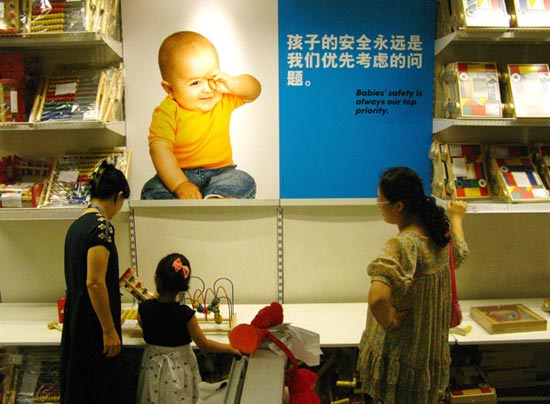 |
| Chinese young parents are wiling to buy expensive goods for their children. [Photo / Provided to China Daily] |
"We want to make our reports unique so we can charge our members a certain amount of money for downloading them. This will save them money if they make the right decisions," said Feldkamp.
MingJian's business model is not everyone's cup of tea..
In the past two months, MingJian has yet to receive a single application although the number of unique visitors to the website has increased by 12 percent and the number of regular visitors is up 17 percent.
"I've heard the website offers quite professional advice on baby products but I don't want to pay to read pages of reports because I am not sure whether the suggestions and information are reliable enough for me to trust," said Zheng Chaimei, mother of a 12-year-old daughter and a 1-year old son in Shanghai.
Zheng added that buying products of reliable brands for comparatively higher prices is still her first option when she enters the shopping mall to purchase goods.
In addition, experts suggested that it would take a very long time to get the Chinese to realize the most expensive item is not necessarily the most appropriate for everyone to buy.
"It is quite hard to persuade Chinese customers to rely on evaluation reports in the short term because they still firmly believe that expensive goods are the best," said Zhao Jiaoli, the former secretary-general of the Shanghai Commission of Consumers' Rights and Interest Protection.
Zhao added the concept of third-party agencies offering objective advice on certain products will not be accepted by the majority of Chinese people at this stage of the country's development.




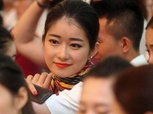

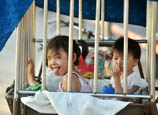

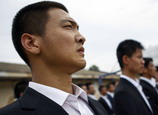








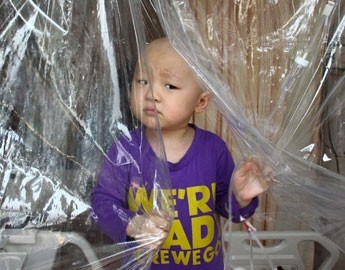 Childhood in an isolated sterile room
Childhood in an isolated sterile room


![]()
